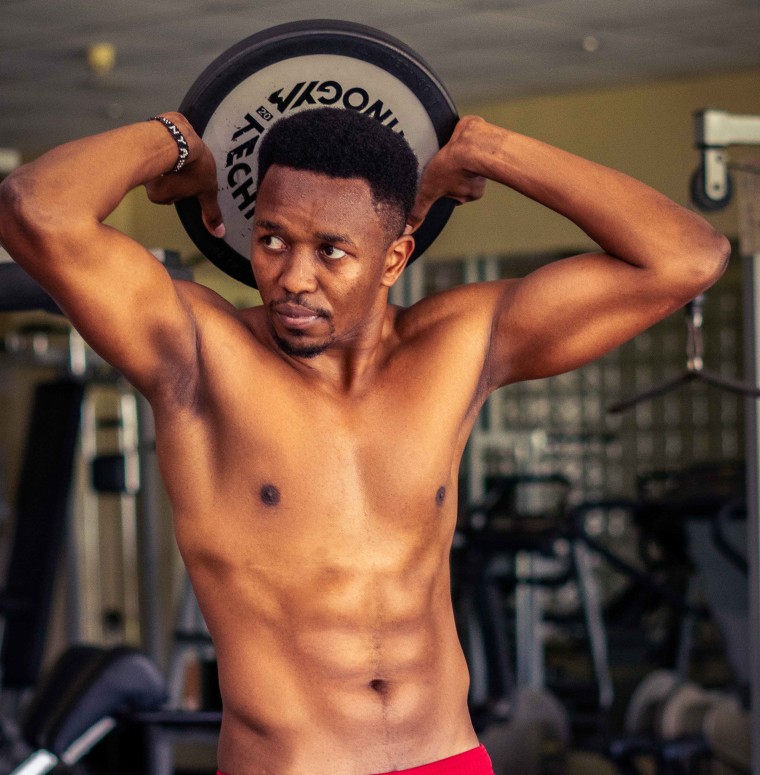
How to Lose All Your Stubborn Belly Fat- Finale
I set myself on a 8 weeks mission to lose as much fat as possible while trying to maintain maximum muscle mass. However this took longer than the initial plan because of injuries, travelling and I didn’t achieve the level of leanness I wanted by 8th week. I therefore added 4 more weeks 3 of which I went very intense. If you missed the first introductory blog on this topic check it up here and the second section and progress update at 6 weeks here.
Watch out and subscribe to my upcoming YouTube Channel where I will be discussing most of things around fitness and lifestyle.
Key Things to Note
- I have at least 2 years of lifting experience and this gives me an edge on how I perform exercises and target muscle groups.
- You need to have muscle before following this program if the intention is to look lean and muscular by the end of the program.
- The genetics and diet limit us individually on what we can achieve naturally so be patient with the progress you make over time. For example it’s very difficult for me to lose lower abdominal fat.
- The training and dieting program that I outline here can be very intense and may cause health implications. It’s always good to get authorization from your doctor. Alternatively go slow and always listen to your body.
- The most important part of this program is the diet and consistency. You need to eat clean and be consistent with your workout to see good results.
- It is important to include High Intensity Interval Training (HIIT) in your workout routine. It helps your body continue burning fat even after your training and saves time too.
Workout Routine
It reached a point after 2 months where I couldn’t see difference in the physique despite following the same diet and even increasing the number of times I went to the gym to 4. I increased my workout days to 6 per week where a typical workout was 1hr to 1.5 hrs while combining different movements. This time round I did not train like a conventional bodybuilder but like a CrossFit athlete. For the first time I realized I was not fit because CrossFit tests both your strength and endurance. One of the achievements I made while doing CrossFit was running a 10KM in 52 mins and a 9KM in 40 mins. CrossFit workouts are based on functional movements, and these movements reflect the best aspects of gymnastics, weightlifting, running, rowing and more. I will write a blog later explaining the concepts of CrossFit and how you can begin with the little equipment in your gym/house.
The other thing I did to increase intensity was doing fasted cardio in the morning. This involved a 4KM jog up and down a hill. My best time was 19 minutes, the 1.5 km hill is very steep. One of the reasons why we don’t see good results despite high volume workouts is bad form and just going through the motion of performing the exercises. Make every single rep count by improving your mind muscle connection and using proper form.
Ways to Increase Intensity
The below tweaks will help you increase the intensity of your workout without requiring more time off your schedule.
- Increase the number of reps or sets that you do for a particular exercise
- Increase the weight, progressive overload
- Reduce the resting time between sets
- Increase time under tension by slowing down the exercise
- Use full range of motion for all the exercises, avoid half reps
- Change the position e.g. incline push up instead of the basic push up
Nutrition Routine
Nutrition is the largest contributor of the results that you get. To increase muscle mass, perform exercises required to enlarge muscles and slightly increase (by 300–500 calories) daily caloric intake. To decrease body fat should make only subtle decreases (no more than 300–400 calories, depending on body size) in daily caloric intake while maintaining a vigorous conditioning schedule to maintain muscle mass. However, you don’t have to weigh your food before eating, use the 1/3 rule which basically says when you divide your plate into 3 you have carbohydrates, fats and protein in there. Play around with this depending on your goal.
- For bodybuilding (bulking) take higher amounts of (healthy) carbs – [40-60% carbs] [15-25% fats] [25-35% proteins]
- For maintenance take moderate amounts of carbs – [30-50% carbs] [25-35% fats] [25-35% proteins]
- For fat loss take low amounts of carbs – [10-30% carbs] [30-40% fats] [40-50% proteins]
However this can be adjusted based on the results because bodies react differently hence you should be monitoring the status of your body frequently and adjust appropriately. Eat your food in smaller portions at least 4 times a day for optimal insulin and hormone balance. One very useful methodology was doing carb cycling. I would go very low carb for 2 consecutive days and then carb load for the third day. On low carb days I would increase the fats and proteins but still ensuring I was on a caloric deficit, somedays the only carbs I took were from fruits and vegetables. I did not do intermittent fasting as planned earlier because by the time I got to the last 2 weeks I had lost more weight than I intended.
The choice of food is also very important. Choose foods especially carbohydrates that have low glycemic index. The Glycemic Index is a measure of how different consumed carbohydrate foods affect the blood sugar level. Focusing on foods with a lower glycemic index helps maintain blood sugar, avoids an excessive insulin response that can encourage the production of fat, and keeps people feeling better longer.
-
Good sources of carbohydrate (4 calories per gram) with low to medium glycemic index include grains, legumes, seeds, pasta, rice, fruits, and vegetables, milk, yams, potatoes, cassava, corn etc.
-
Good sources of protein (4 calories per gram) Meat, poultry, fish, yogurt, egg whites, milk, and combinations of legumes (beans and dried peas) with cereal grains.
-
Good sources of fats (9 calories per gram) Butter, whole eggs, olive oil, mayonnaise, avocado, whole milk, almonds and other nuts.
Do not forget to properly hydrate with water as it carries nutrients to cells and carries waste products away from cells. It serves as a body lubricant and, through sweat, helps maintain body temperature. For me this is roughly between_ 2 and 4 liters_ depending on how I sweat and kind of foods I eat. You should also get enough vitamins and minerals by consuming plenty of fresh fruits and vegetables. I will write more about dieting before a workout, post workout, pre-show/photos hoot as well as how to maintain a clean diet while travelling so stay tuned.
Results
As indicated in the first blog series, I had planned on having a photo shoot which I did and here are a couple of the pictures. I would say I was impressed by the result but I could have done better on maintaining size especially on my arms, back width and legs. By the end of the program I had reduced my weight by 8.5 kgs which was more than the target of 6kgs. I will continue to work out and next time I will be in a better fuller shape and more lean.
Before pictures
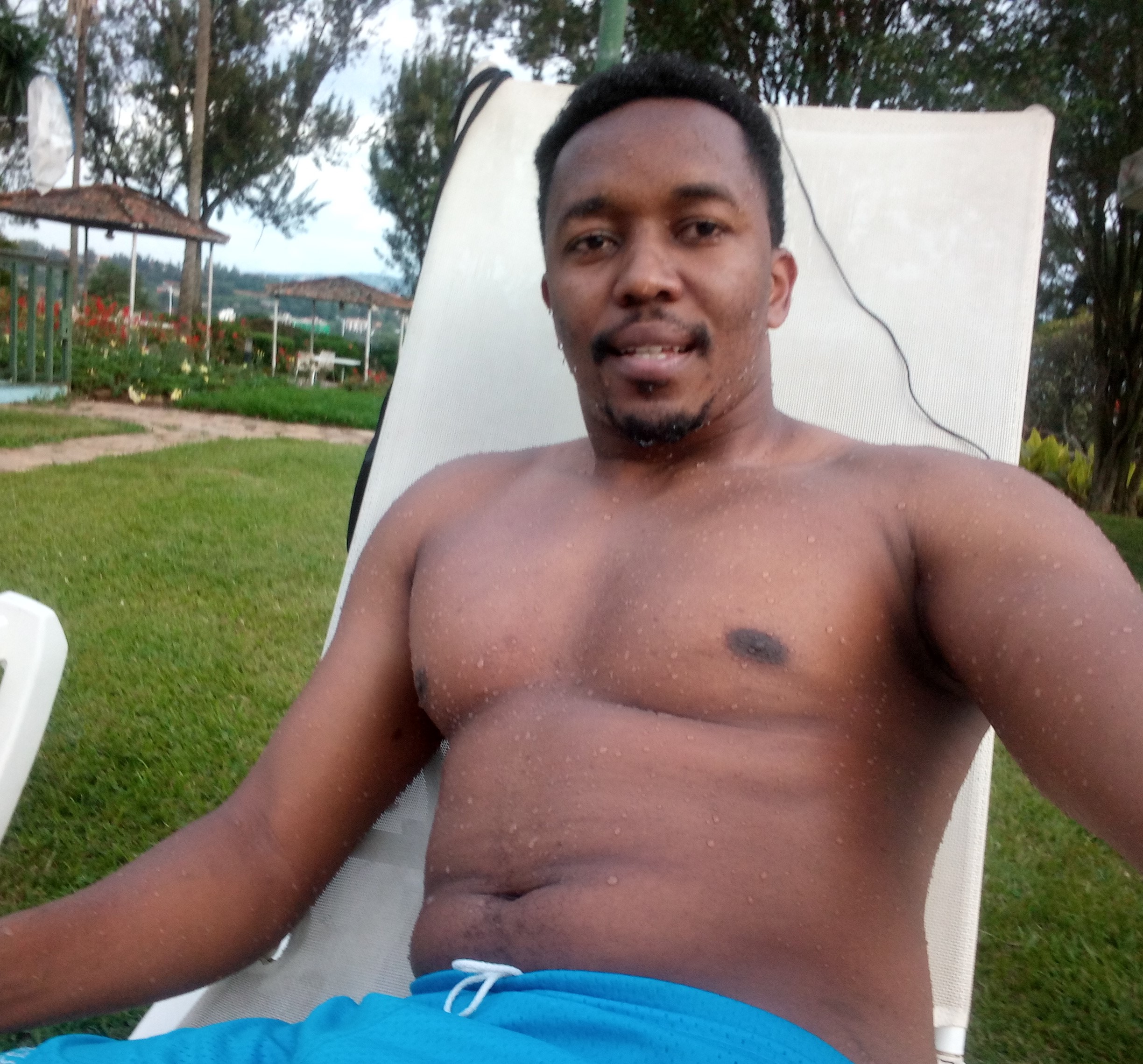
Post Challenge pictures
Stay tuned for more content coming up soon on various topics.
To make a comment you have to login

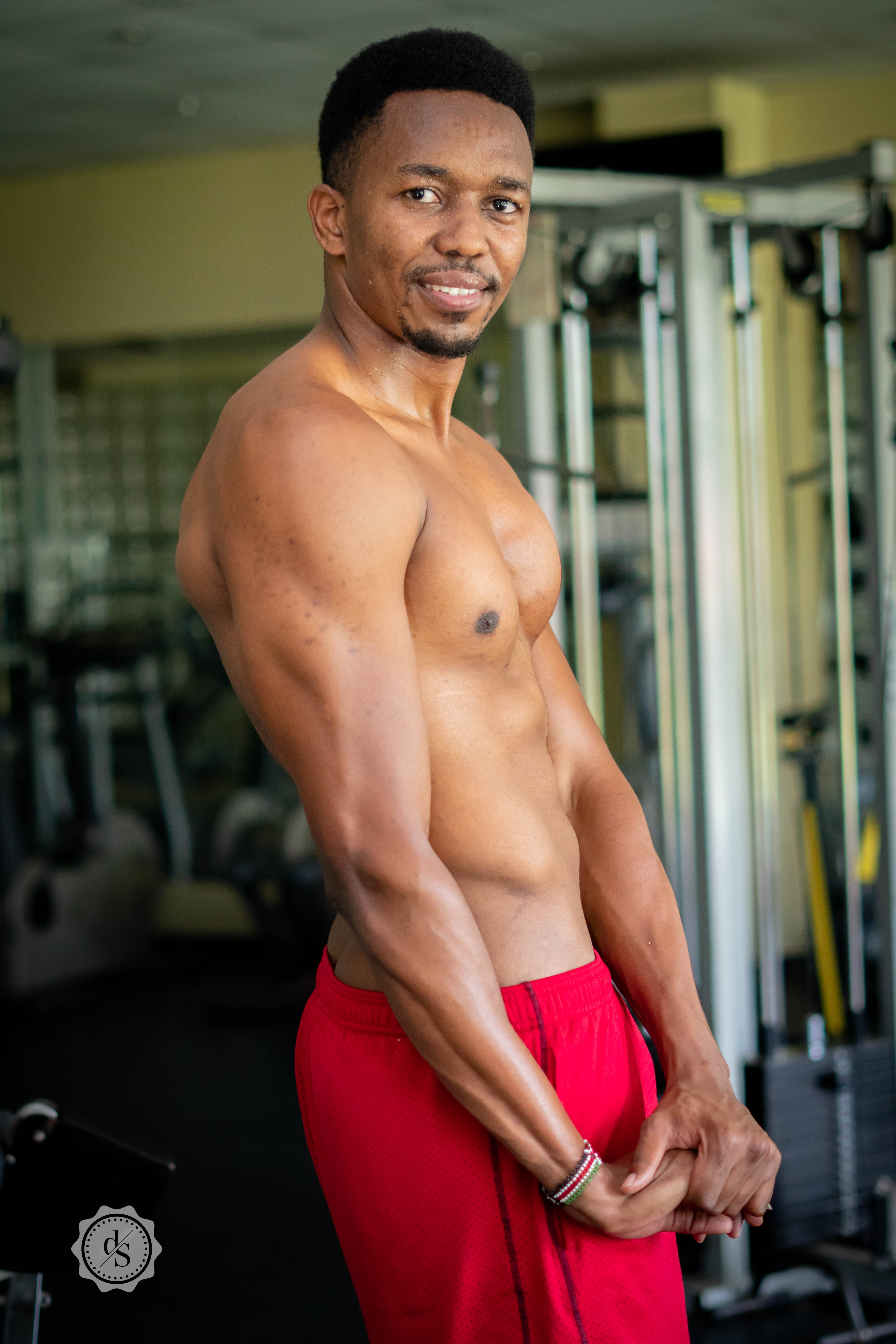
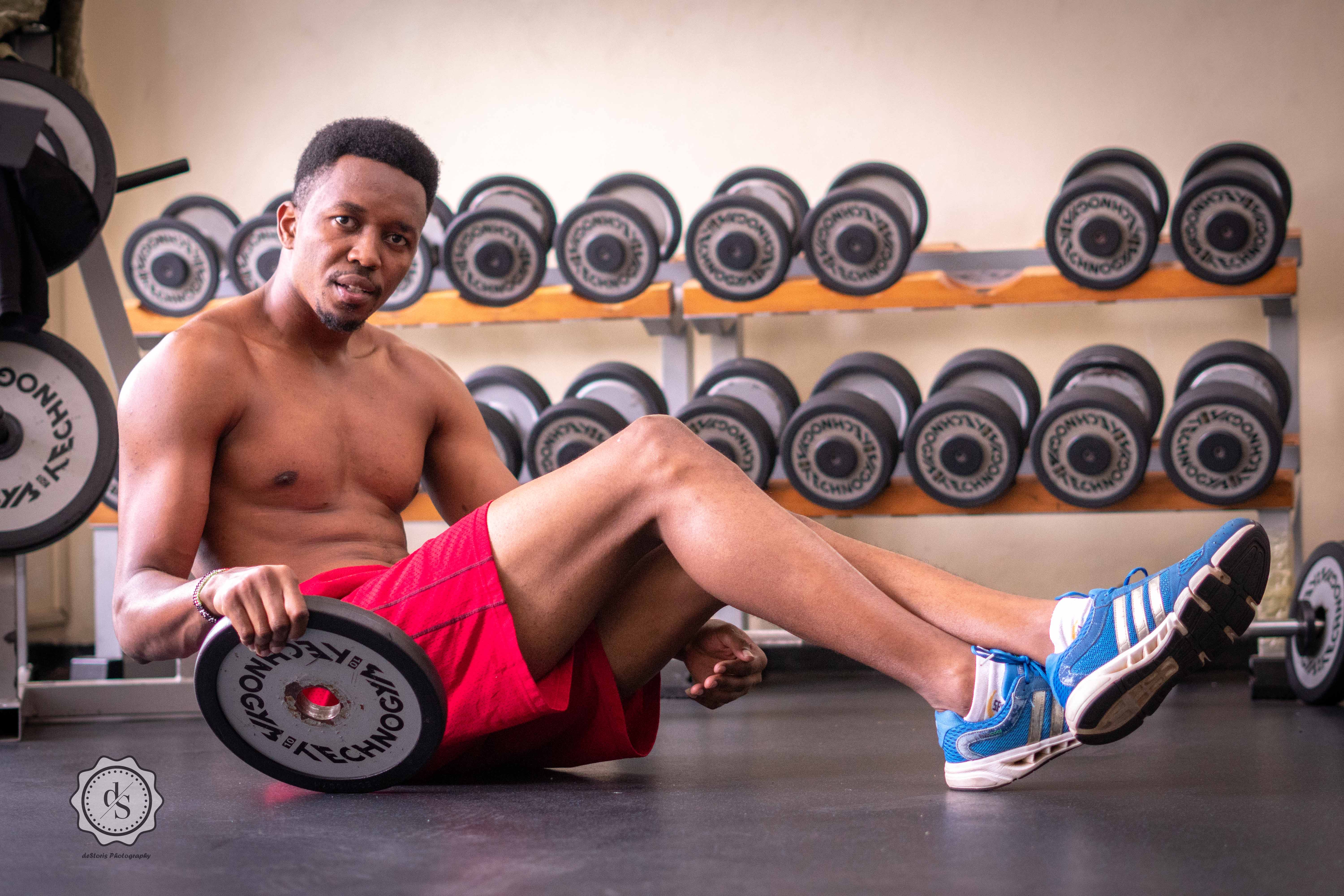
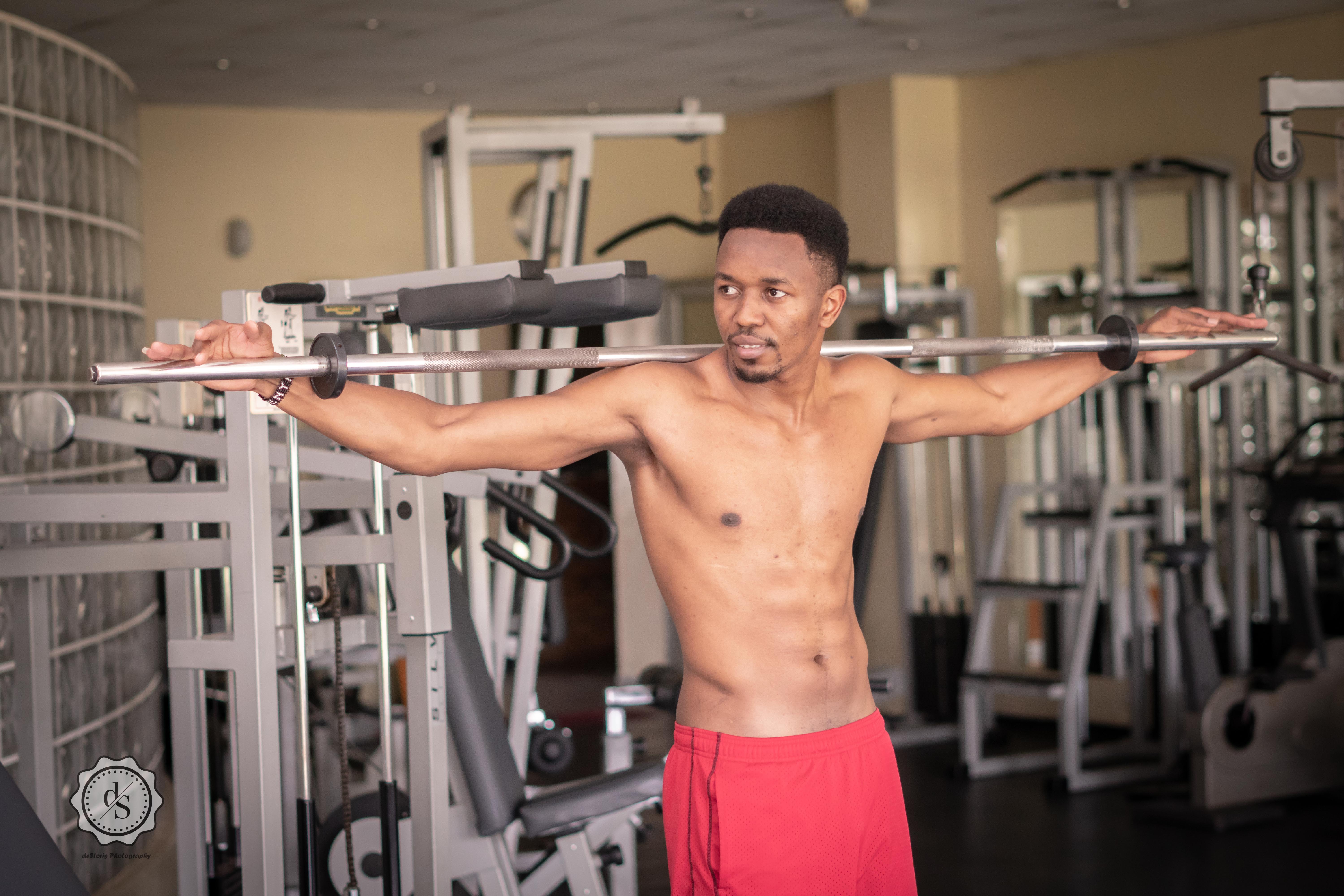
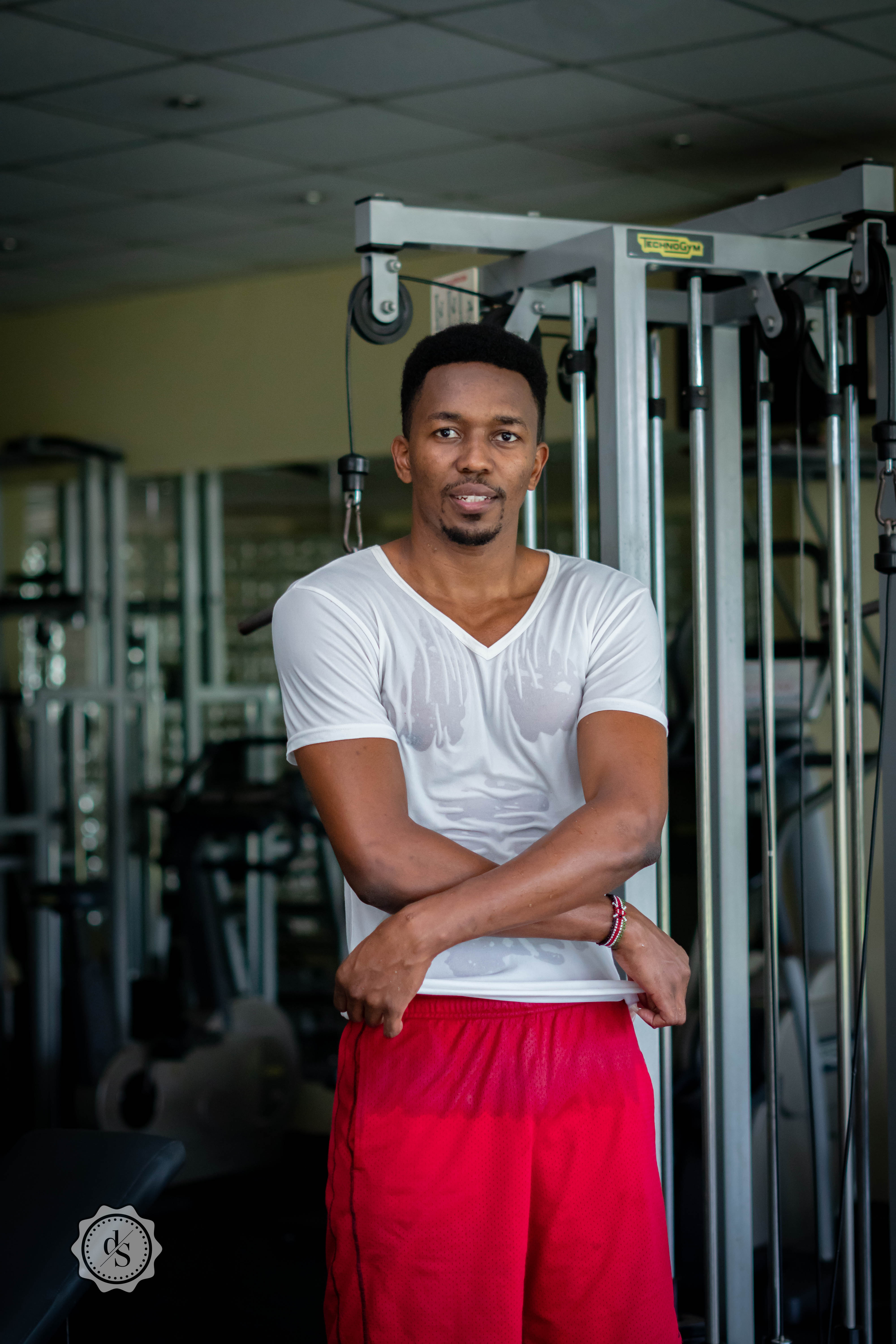
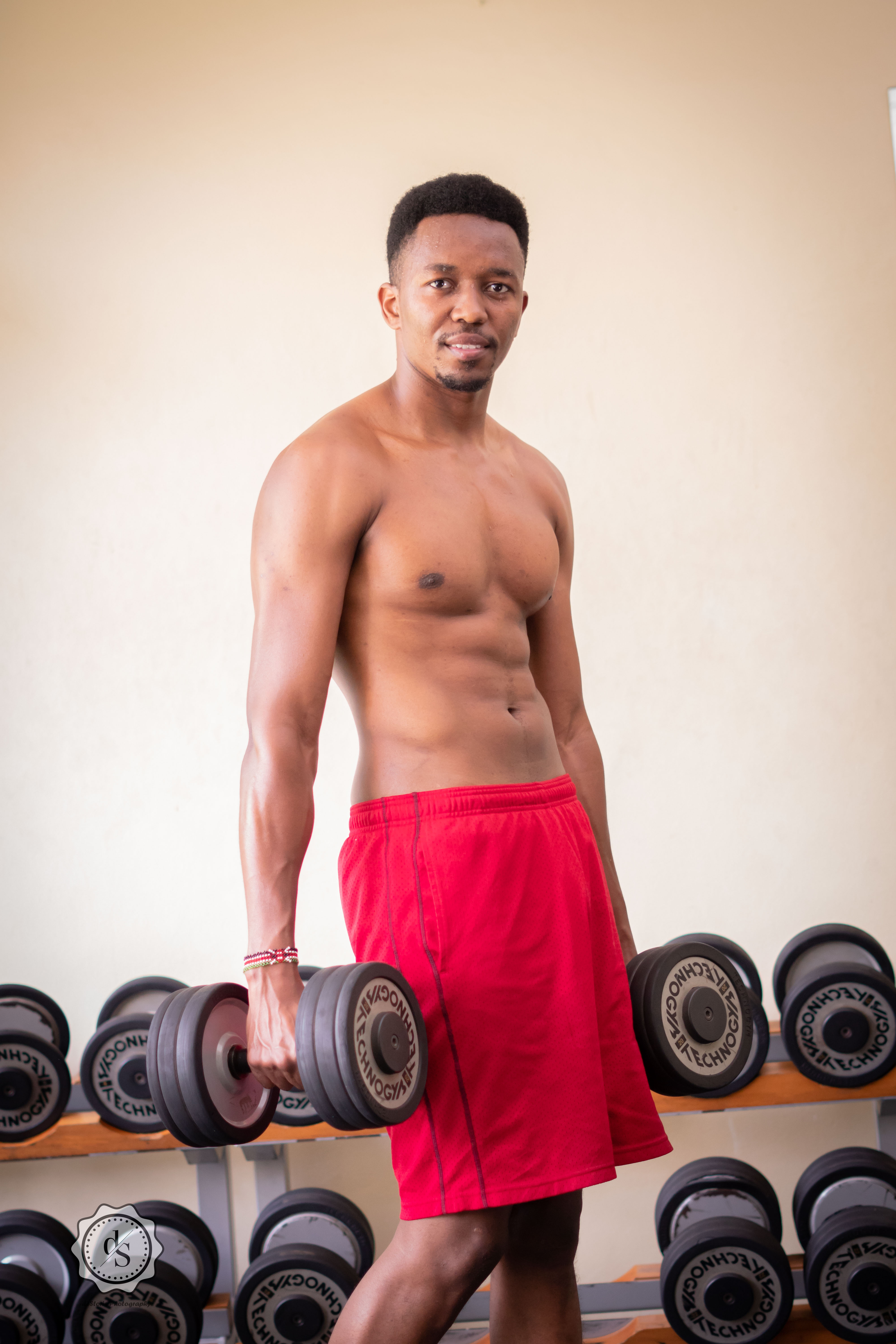
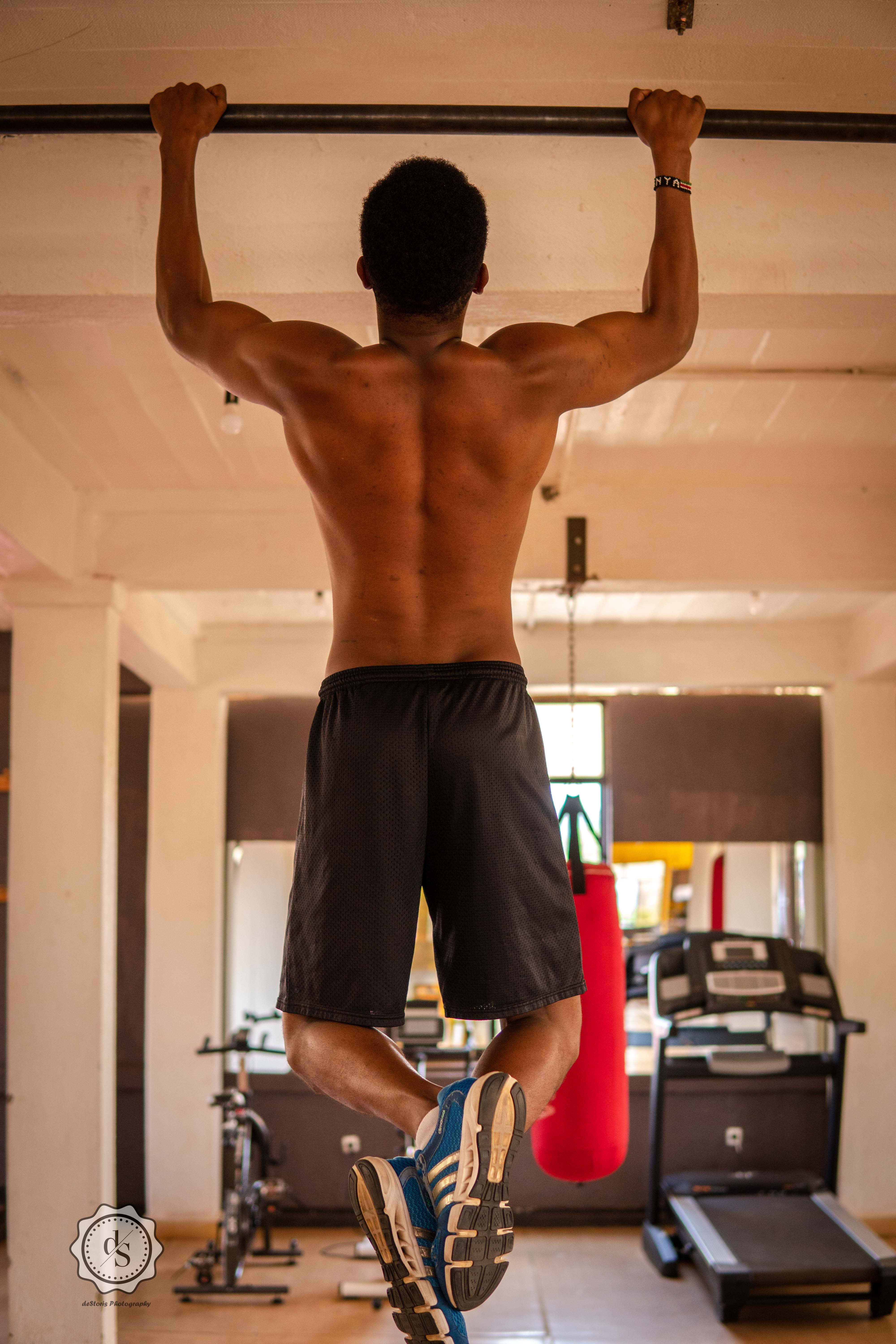
0 Comments